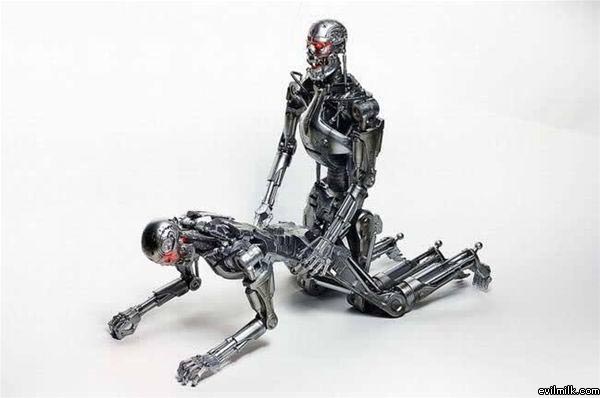Saturday, August 2, 2014
Friday, July 29, 2011
The Lost Art of Bubsy Burkeley and Classic Musical Spectacle.
Wednesday, July 20, 2011
Ok. First off, I think there needs to be some minimum time period you need to wait before rebooting a franchise. More than a decade at least. Second, the first two of Raimi's Spider Man films were pretty good, and this needs to convince me that there is a reason why I shouldn't just watch those instead, and it didn't. I remember what happened last time Spidey tried to go all dark and edgy, and it wasn't pretty.
Wednesday, July 13, 2011
From the Shit I'd Get if I Were Rich File
Wednesday, July 6, 2011
Transformers 3


UPDATE: Apparently that review isn't there anymore...it was good stuff though. A classic. Famous stuff. We all remember it. He tore that movie to shreds and peppered it with pictures of lions having sex. Hence my robot thing. Cause fuck the Transformers franchise.
Sunday, July 3, 2011
Something To Do With Something Else: 4th of July
Fighting off the Viet Cong
They're still there, he's all gone
He had a little girl in Saigon
I got a picture of him in her arms
Down in the shadow of the penitentiary
Out by the gas fires of the refinery
I'm ten years down the road
Nowhere to run, ain't got nowhere to go"
Monday, June 20, 2011
The Dark Road to Perfection

If Black Swan, the latest troubled nocturne from that cinematic pied-piper Daron Aronofski proves anything, it’s that he hasn’t lost his seemingly effortless ability to lead an audience by the nose, directly into the nightmare his characters have built for themselves. As gripping as it is unsettling and as triumphant as it is terrifying, Black Swan is one of the years best films.
The plot will be familiar to anyone who’s seen the Powell-Pressburger classic, The Red Shoes. Both films are about ballet companies whose story parallels that of the ballet they are performing, and both are about the obsessive pursuit of artistic perfection. The influence of The Red Shoes on Black Swan is clear, particularly in the stunning, surrealistic dance sequences, which Matthew Libatique’s handheld camerawork takes to new psychological depths. The film opens with one of these sequences, which are probably best described by one of the film’s characters, “fast and visceral”.
Aronofski has a way of trapping an audience, of keeping them hooked on what he is showing them, no matter how horrifying it might be. This is an incredibly claustrophobic film (and I plan to spend a good deal of time examining it’s camerawork. The film is an essay on effective use of the close up) which by the end of it made me feel trapped in the main character’s head, fully immersed in her madness. But it never lost me, and never made me want to look away. Just when the tension neared the breaking point, something was thrown in, a clever quip or a hilariously creepy subway rider, to provide a welcome release. For a while anyway, because as soon as you thought you were settled in, Aaronofski pulls out another of his little tricks to keep you on edge (did that picture move? And whose face was that?).
And of course nobody could write about this film without mentioning the towering performance by Natalie Portman, by far the best of her career. She puts to shame nearly every actor who’s ever tried to go mad onscreen, losing her mind in a way that is never unconvincing and what’s more, actually kind of understandable. This isn’t one of those movies that asks you to just accept that its main character is losing their mind. In each scene, Portman’s performance is perfectly calibrated to it’s place the overall arc of her character, and you watch as the pressures, her troubled mother, vindictive rivals, and the constant overbearing need for perfection weigh on her increasingly fragile mind.
The various conflicts within Nina and the story of Swan Lake itself eventually come together in a way that, though you will probably see it coming, still manages to be incredibly satisfying. And I think there’s enough surprises in the way its all executed to stay interesting. The climax comes as Nina undergoes her inevitable transformation and the choice she must make to do it. The movie ends as the ballet ends, and in this reviewer’s opinion, it is, if I may, Perfect.




